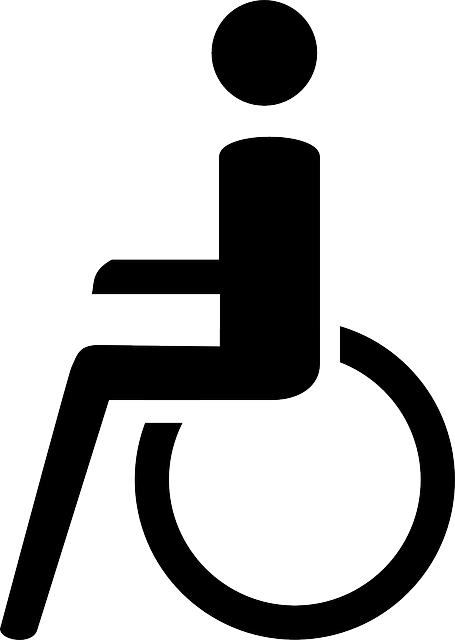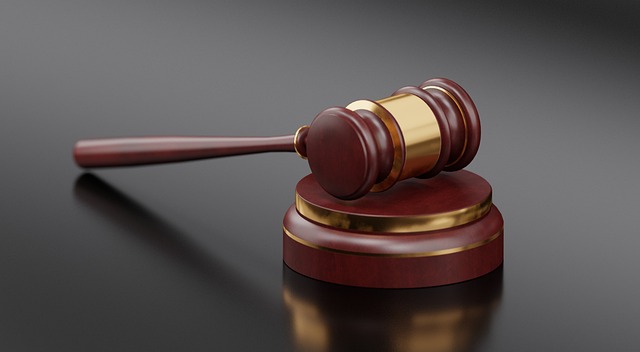In Oregon, common defense case errors, such as evidence preservation failures, inadequate investigation preparation, strategic planning missteps, and poor client communication, can significantly weaken defendant cases, leading to unfavorable outcomes. These oversights, stemming from skimped investigations, missed details, and insufficient witness interviews, have profound impacts, including damaged trust in legal representation and potential long-term consequences for future legal endeavors.
In Oregon, as in any jurisdiction, defense mistakes can significantly impact client outcomes. This article delves into the understanding of common defense errors, their potential consequences for clients’ cases, and effective strategies to prevent them. We explore critical aspects such as improved communication with clients, enhanced investigation techniques, and ethical practices to maintain standards in Oregon defense law. By adhering to best practices, legal professionals can ensure fair representation and protect their clients’ interests.
- Understanding Common Defense Mistakes in Oregon
- – Overview of typical errors made by defense attorneys
- – Impact of these mistakes on client cases
Understanding Common Defense Mistakes in Oregon

In Oregon, like many jurisdictions, certain defense mistakes are frequent in criminal cases. Understanding these common pitfalls is crucial for both defendants and their legal representatives to ensure a robust defense strategy. One prevalent error is the failure to preserve evidence, which can significantly weaken a defendant’s case. This often occurs when critical evidence is not properly collected, stored, or presented, making it less credible or even inadmissible in court.
Another frequent mistake is inadequate investigation and preparation. Skimped investigations may miss crucial details that could exonerate the accused or cast doubt on the prosecution’s case. Insufficient witness interviews, inadequate background checks, and a lack of thoroughness in reviewing evidence collected by law enforcement can all lead to defense case errors in Oregon. Such oversights can have severe consequences, potentially resulting in an unfavorable outcome for the defendant.
– Overview of typical errors made by defense attorneys

Defense attorneys, despite their best efforts, often fall victim to common mistakes that can significantly impact the outcome of a case in Oregon. These errors can range from poor strategic planning to inadequate investigation and preparation. One of the most frequent issues is a lack of understanding of the law, which may lead to misapplications of legal principles and ineffective arguments.
Another typical defense case error in Oregon involves overlooking crucial evidence or witness testimonies. Failure to adequately cross-examine opposing witnesses or to present a compelling alternative narrative can weaken the client’s position. Moreover, inadequate communication with clients is a recurring problem, as attorneys may fail to keep their clients informed about case developments or options, leading to misunderstandings and dissatisfaction.
– Impact of these mistakes on client cases

The impact of defense case errors in Oregon can be significant, often with long-lasting consequences for clients. Such mistakes can lead to missteps in legal strategies, causing delays and potential setbacks in court proceedings. When a defense attorney makes critical errors, it may result in an unsuccessful case, especially if crucial evidence is overlooked or incorrect legal arguments are presented. These lapses can undermine the client’s chances of achieving a favorable outcome, whether it’s an acquittal, reduced sentence, or fair compensation.
In the high-stakes world of Oregon law, defense mistakes can be particularly damaging as they may not only affect the current case but also harm future legal endeavors. Clients rely on their attorneys to navigate complex laws and procedures, ensuring a robust defense. When errors occur, it erodes trust and confidence in the legal representation, potentially affecting the client’s willingness to seek legal assistance in similar situations down the line.














